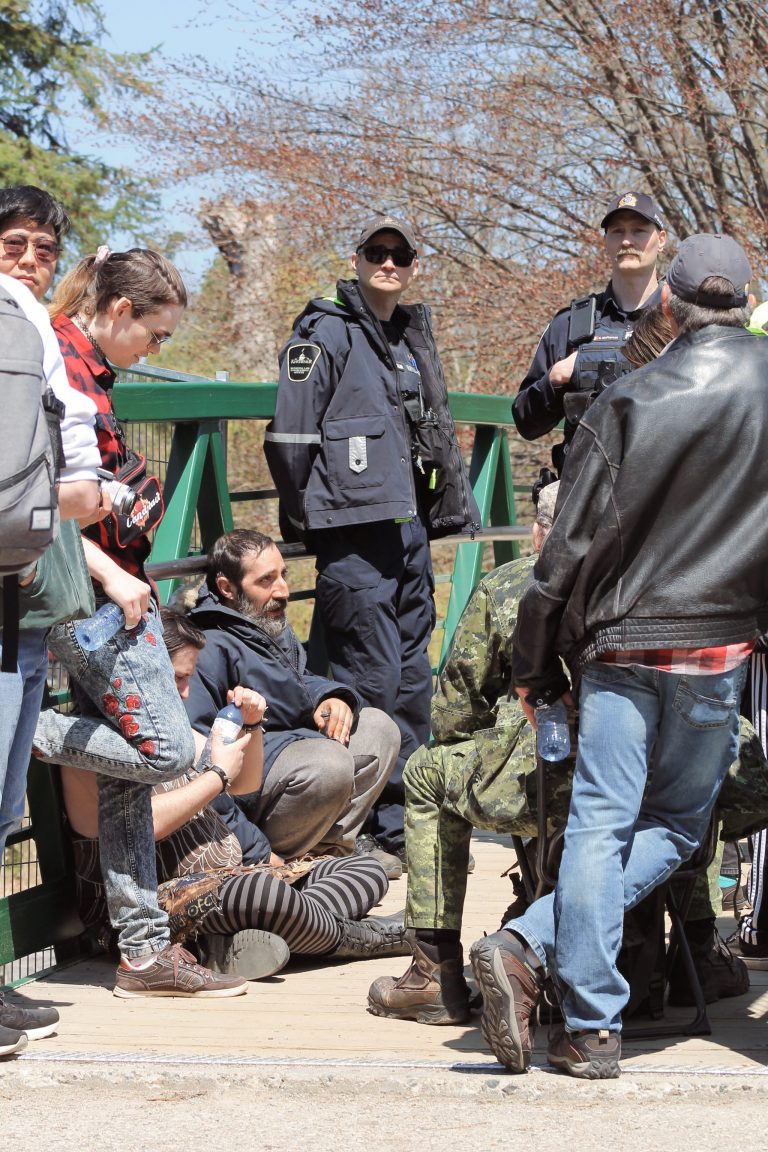Over the last several months, the Waterloo Regional Police Service (WRPS) budget proposal (and subsequent approval) has created considerable controversy. On pages 6 and 7, we have compiled an article chronicling the approval process and some of the issues that arose.
It was shocking to see the lack of transparency, especially with the repeatedly-cited KPMG report which was not available for council members or the public prior to the budget approval.
Last year, the municipal elections saw record lows in voter turnout, meaning that the assumption of council being representative of the community is inaccurate. I think it is immensely disheartening for voters and community members attempting to become more involved in local government. Even the people that put in the time and effort to be involved are barely heard, let alone valued.
Governmental affairs are already very inaccessible and failing to support local delegates, initiatives and organizations is detrimental to the foundations of our democracy.
Some of the evidence presented at the Feb. 1 Strategic Planning and Budget Committee meeting was appalling. Despite the WRPS having data from previous years and the KPMG report, they included minutes of videos of crimes in action. Individual incidents do not constitute a trend and only serve to elicit an emotional reaction.
I cannot say whether the police budget should have been increased or not. That would require expertise in multiple fields and experience that I do not have. However, I can say that council and the public did not have all relevant information to make an informed decision.
Other organizations which provide important community services were not given as much support as they needed.
The challenges facing the region are varied and complex. By not supporting community initiatives and allowing policing to take up around one third of the region’s total budget, we are putting all our eggs in one basket.
Considering that basket is policing, it also means we are prioritizing punishment over problem-solving.
Granted, the KPMG report also mentioned the need for proactive policing, which research has shown works to reinforce stereotypes and biases, systematizing them. This is especially harmful to BIPOC folks.
As a journalist, it is my job to parse through information and present a story to my audience. This story must be accurate but also relevant to and at least somewhat representative of the communities involved.
It is our duty, just as it is council’s duty to be accountable and transparent. While mistakes and miscommunications may happen, it us important to hold people with power accountable.
It is true that we make mistakes, but owning up to those mistakes is key.
One way to avoid making mistakes is to be rigorous in our work. This means ensuring that we have all the information, asking specific and critical questions, and addressing all assumptions and biases. Council showed a shocking lack of rigour in their evaluation of the police budget. Had they had all the information, or at least it, the outcome of the vote on the budget may have been different.
Different questions or avenues of problem-solving may have arisen. But both the council and the community missed out on that opportunity.
Understandably, even if the KPMG report was readily available, it may not have meant anything to the general public. Here is where the community can come together to use their different areas of expertise to critically evaluate the information presented and help make a decision that is relevant and appropriate for our region.
During various council meetings, we saw experts in policing, data science, health and many other fields offer insights to the region’s budget for the coming year. They also provided critiques for the WRPS budget proposal. It is by using our individual expertise in collaboration that we can ensure decisions are made with the community’s best interests at heart. We can find gaps and innovative solutions which put community members at the centre of both decision-making and problem-solving.

